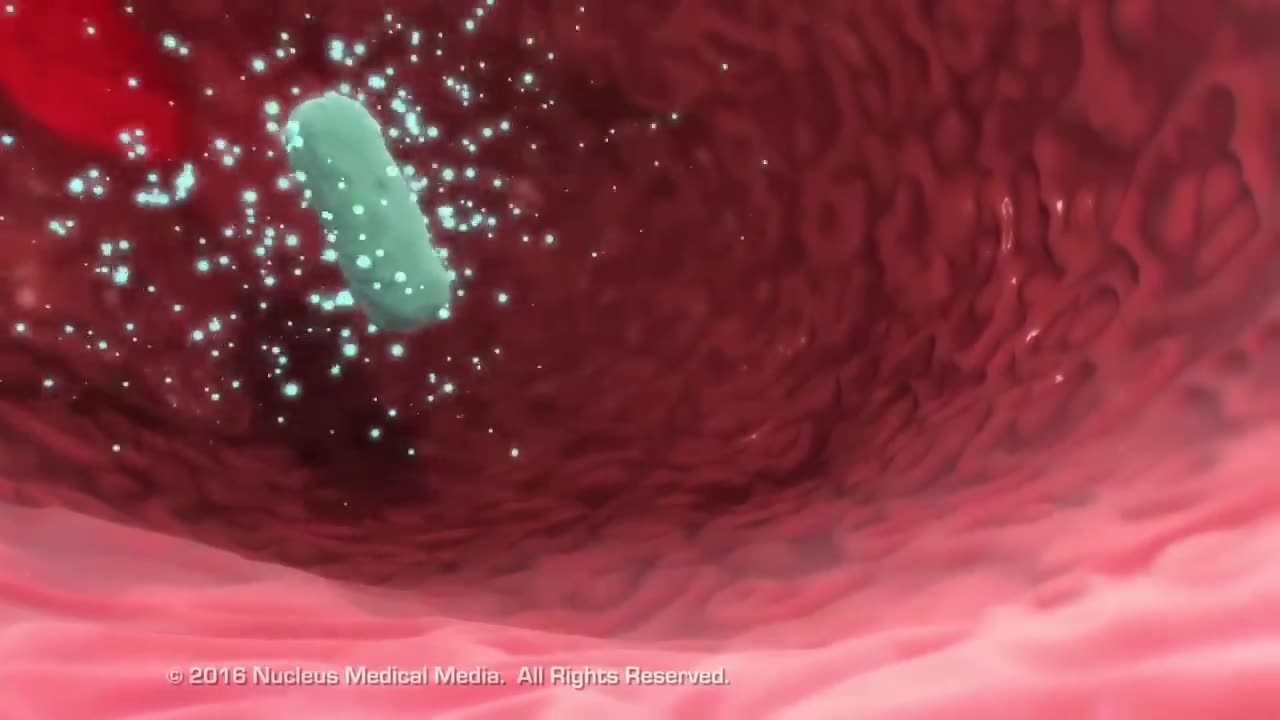Premium Only Content

How Medication Get Absorbed By Your Body
Medications are absorbed into your body through different routes, depending on the type of medication and how it is taken. The main routes of absorption are:
* **Oral:** Medications that are taken by mouth are absorbed through the lining of the small intestine. This is the most common route of absorption for medications.
* **Sublingual:** Medications that are placed under the tongue are absorbed through the lining of the mouth. This route of absorption is often used for medications that need to be in the bloodstream quickly, such as nitroglycerin for chest pain.
* **Rectal:** Medications that are inserted into the rectum are absorbed through the lining of the rectum. This route of absorption is often used for medications that are not well absorbed through the stomach or intestines, such as pain medications.
* **Intramuscular:** Medications that are injected into a muscle are absorbed through the muscle tissue. This route of absorption is often used for medications that need to be in the bloodstream quickly, such as antibiotics.
* **Intravenous:** Medications that are injected into a vein are absorbed directly into the bloodstream. This route of absorption is the fastest way for medications to enter the bloodstream.
The rate at which medications are absorbed into the body can vary depending on a number of factors, including the type of medication, how it is taken, and the person's individual physiology. For example, medications that are taken on an empty stomach are absorbed more quickly than medications that are taken with food.
Once medications are absorbed into the bloodstream, they are distributed to different tissues and organs in the body. The rate at which medications are distributed to different tissues can also vary depending on a number of factors, including the type of medication and the person's individual physiology.
The amount of time it takes for medications to reach their peak concentration in the bloodstream is called the **trough**. The **half-life** of a medication is the amount of time it takes for the concentration of the medication in the bloodstream to decrease by half. The half-life of medications can vary from a few hours to several days.
The **duration of action** of a medication is the amount of time that the medication remains effective. The duration of action of medications can vary depending on the type of medication and how it is taken.
It is important to understand how medications are absorbed, distributed, and eliminated from the body in order to safely and effectively use medications.
-
 58:04
58:04
Kimberly Guilfoyle
6 hours agoFBI's Terror Response Failures, Live with Steve Friend & Kyle Seraphin | Ep. 185
84.8K36 -
 2:15:01
2:15:01
WeAreChange
6 hours agoMassive Developments In Vegas Investigation! UNREAL DETONATION, Shocking Details Emerge!
92.2K27 -
 54:02
54:02
LFA TV
13 hours ago2025 Is Off to a Violent Start | TRUMPET DAILY 1.2.25 7pm
32.5K5 -
 59:27
59:27
theDaily302
12 hours agoThe Daily 302- JJ Carrell
30.3K5 -
 2:57
2:57
EvenOut
1 day ago $1.58 earnedTHE TELEPORTING PORTA POTTY TWIN RPANK!
30.8K1 -
 1:02:55
1:02:55
In The Litter Box w/ Jewels & Catturd
1 day agoAmerica Is Under Attack! | In the Litter Box w/ Jewels & Catturd – Ep. 711 – 1/02/2025
95.1K115 -
 1:45:25
1:45:25
The Quartering
9 hours agoHuge Update In Cybertruck Attack & Dark New Details From New Orleans Attacker & More!
127K62 -
 16:04
16:04
Tundra Tactical
2 days ago $2.70 earnedHow Palmetto State Armory got so BIG!
55K7 -
 13:41
13:41
MichaelBisping
12 hours agoBISPING: Jamahal Hill is BEEFING with EVERYONE before UFC 311?! | Hill vs Prochazka
17.3K2 -
 12:57
12:57
BlackDiamondGunsandGear
1 day agoSingle stack that takes a Double Stack Mag?
12.7K2